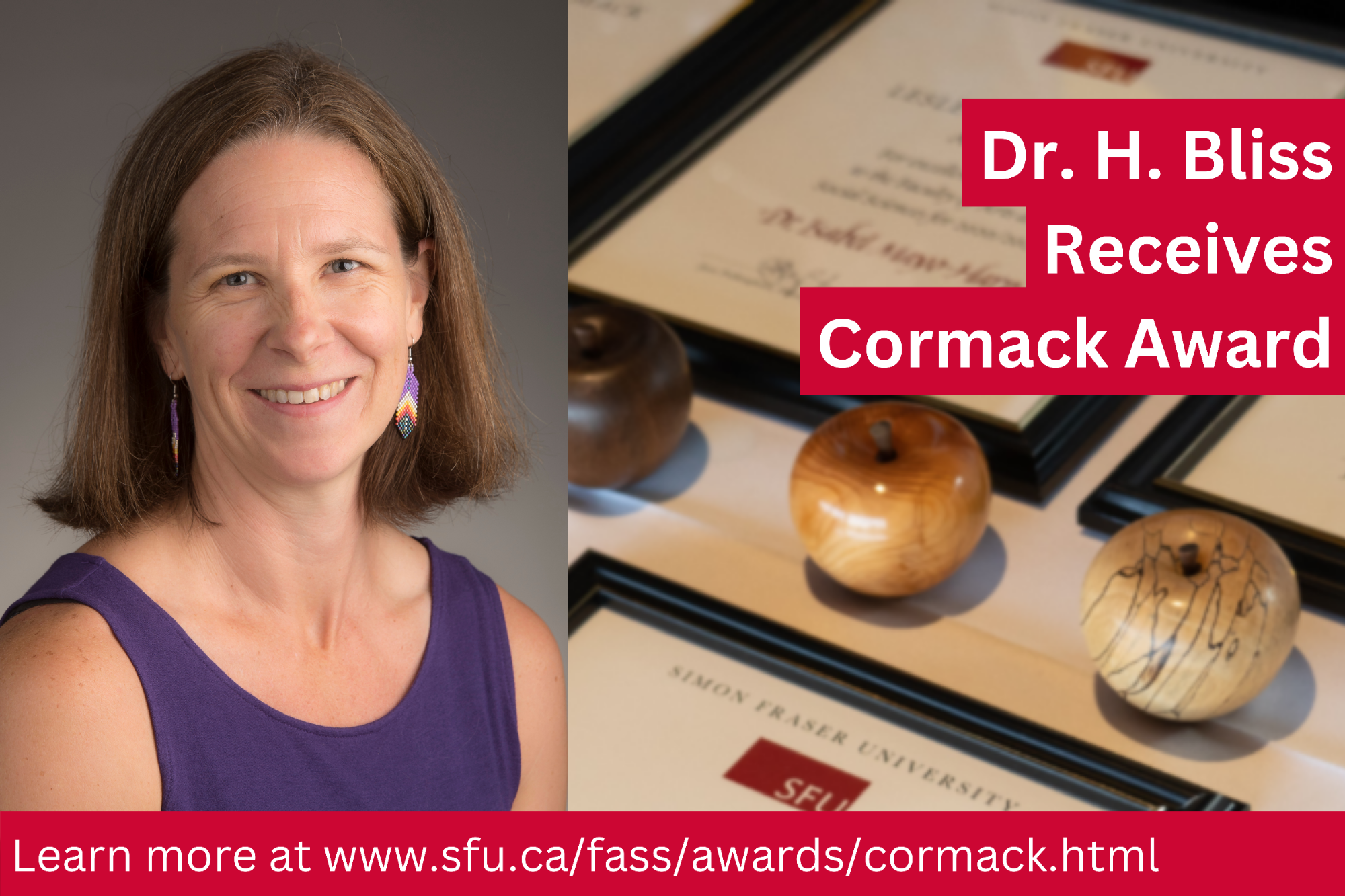- Faculty & Staff
- About
- Departments and programs
- Anthropology
- Applied Legal Studies
- Cognitive Science
- Criminology
- Economics
- English
- French
- French Cohort Program
- Gender, Sexuality, and Women's Studies
- Gerontology
- Global Asia
- Global Humanities
- Graduate Liberal Studies
- Hellenic Studies
- History
- Indigenous Languages
- Indigenous Studies
- International Studies
- Labour Studies
- Linguistics
- Philosophy
- Political Science
- Psychology
- Public Policy
- Social Data Analytics
- Sociology
- Urban Studies
- World Languages & Literatures
- Undergraduate
- Graduate
- Research
- Teaching
- News
- Community
- FASS at Surrey
- Next steps for new students (redirect)
Linguistics
Decode how we acquire languages, how we use them and how they work. Gain widely marketable skills and knowledge as linguists work in many areas, and tailor your educational path to your career interests. Acquire transferable skills on constructing logical arguments, problem-solving and analytical thinking.
The Department of Linguistics offers a number of major and minor degree and certificate programs in linguistics. Linguistics can be combined with other areas of study in joint majors to create a powerful foundation for your career of choice.
Program Options
Learn more about the different degrees and programs available to you at Linguistics.
Undergraduate options
Major
Honours
Joint Major
- Computing Science and Linguistics Bachelor of Arts or Bachelor of Science
- Linguistics and Anthropology Bachelor of Arts
Minor
Extended Minor
Co-operative Education Program
Certificate and Diploma
Graduate options
Master
Doctor
Certificate and Diploma (Graduate)
Career Pathways
Linguistics graduates may directly begin work in a multitude of fields. Some popular pathways include working as ESL (English as a second language) teachers, speech language assistants, and language specialists in the tech industry. With further education, a graduate can go on to become an audiologist or a speech therapist or pathologist.
Students can also continue on to graduate studies in linguistics to become a professional linguist and enjoy a career in education and academia. Many linguistics can also go on to pursue other professional fields, such as law. Linguistics can be excellent preparation for professional exams: linguists have the second highest LSAT scores among majors in business, arts and humanities, and the social and health sciences.
“I chose Linguistics because I love languages. I've been learning different languages from a young age and it has always fascinated me how our brains learn languages and also how languages function. I also decided to do a TESL certificate because I really enjoy teaching English to other people. I knew that being an English teacher is something I wanted to do in the future ever since I volunteered at a literacy centre as an ESL tutor. I had a great time there as a tutor to many wonderful students.”





